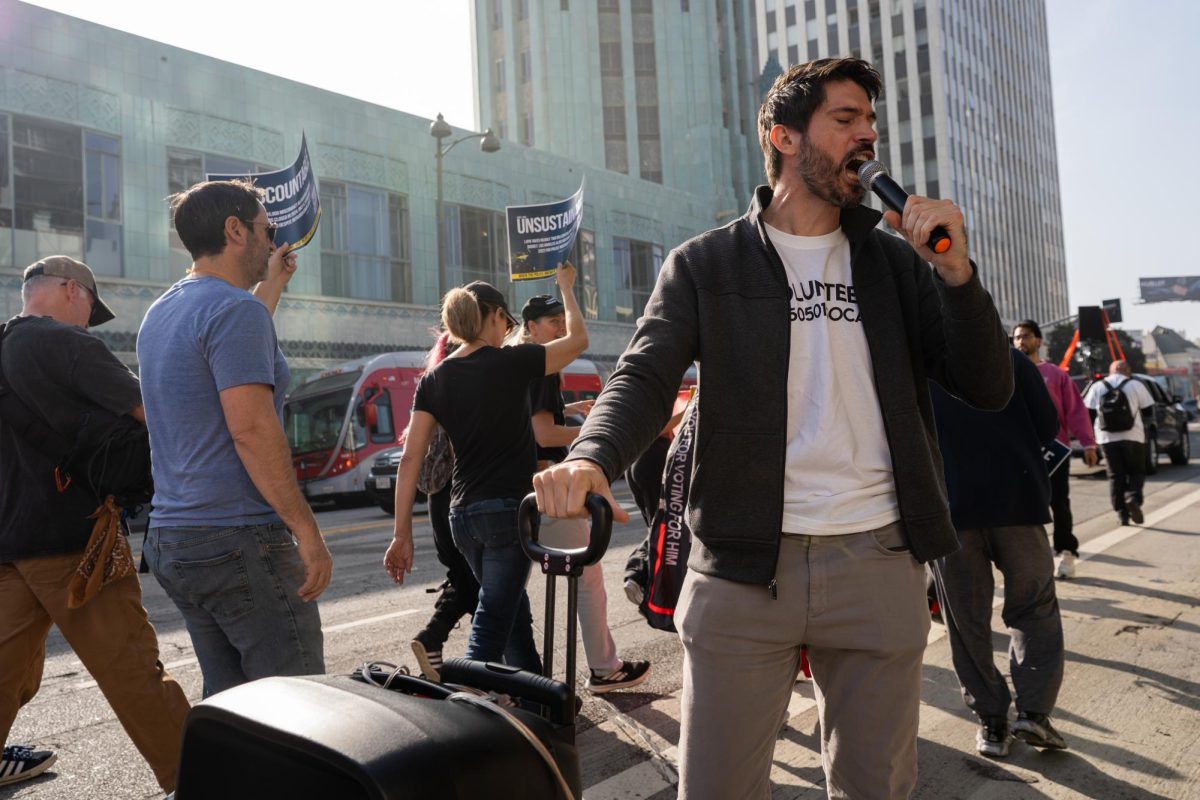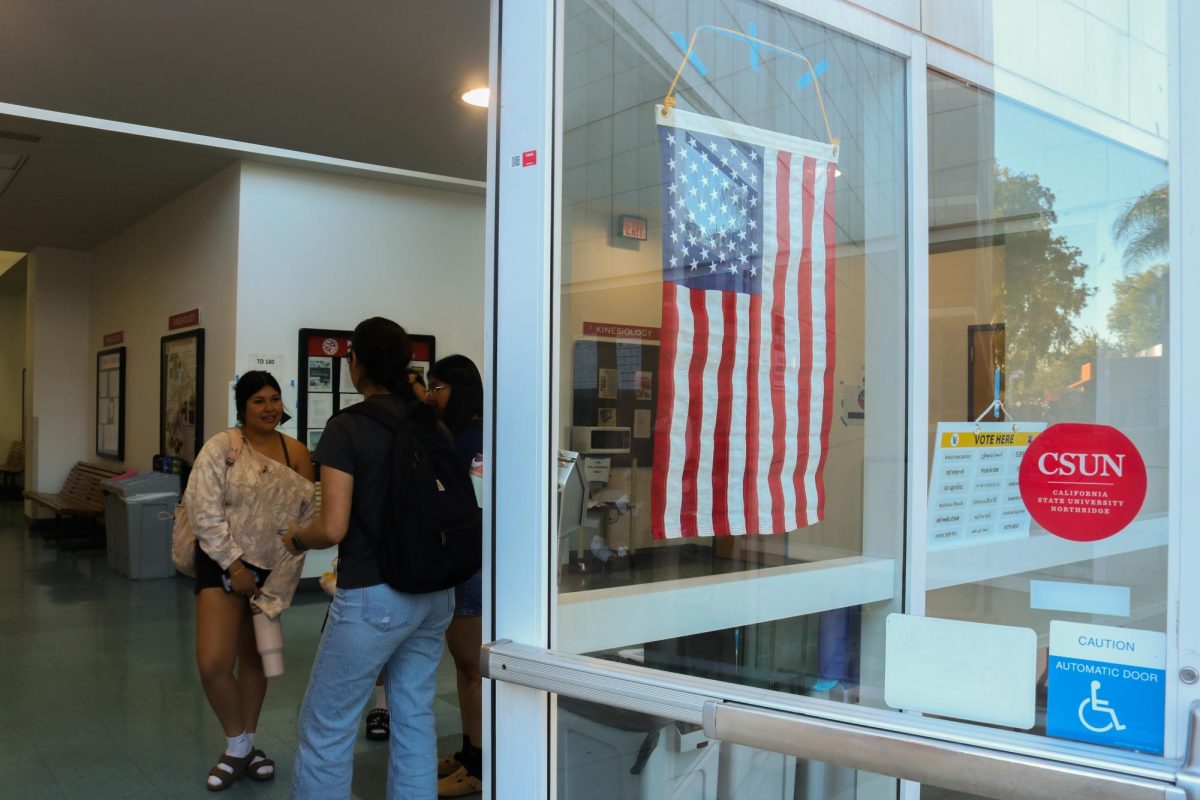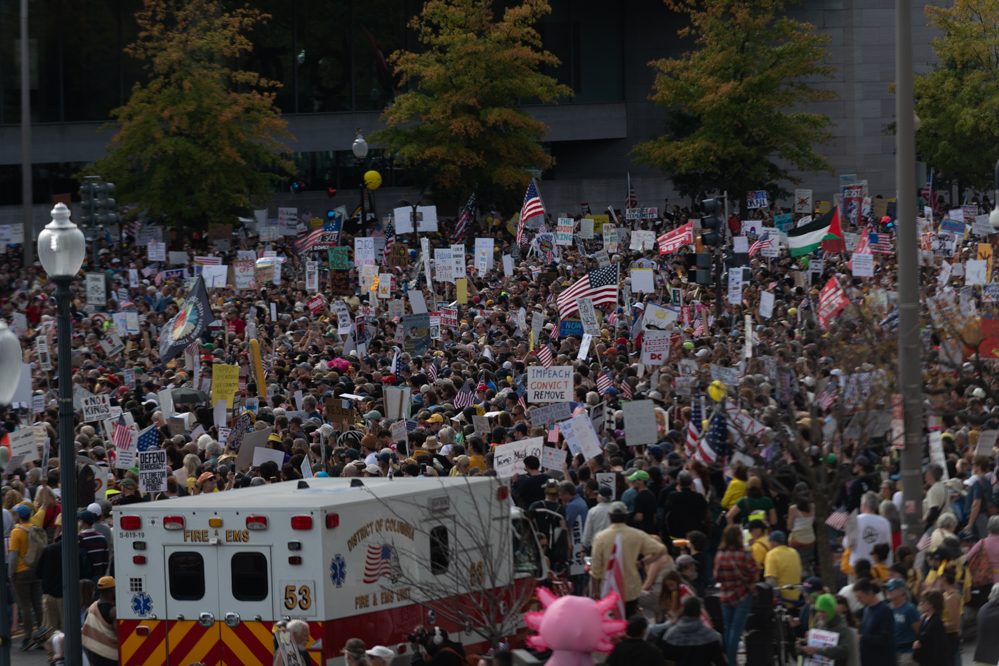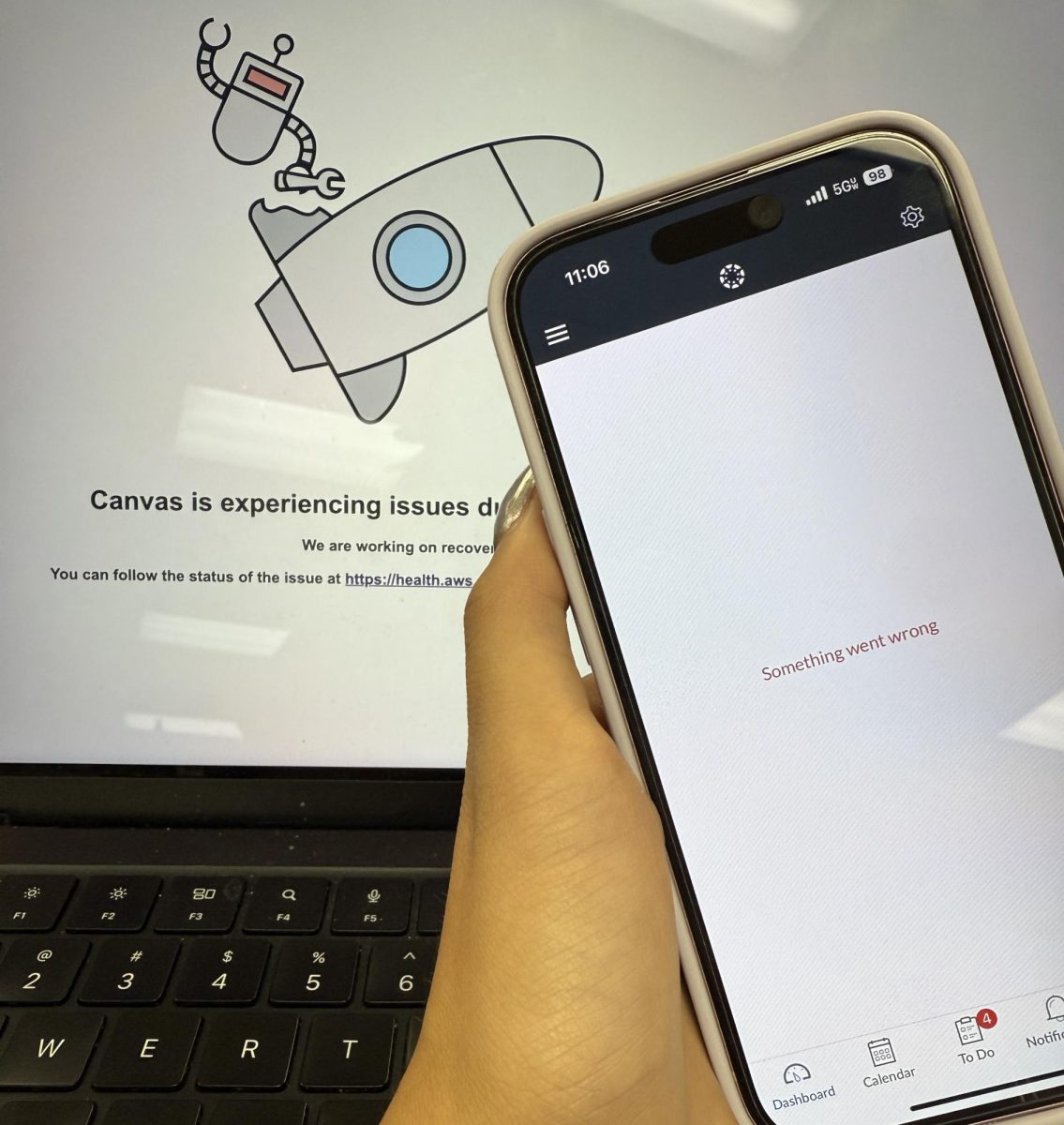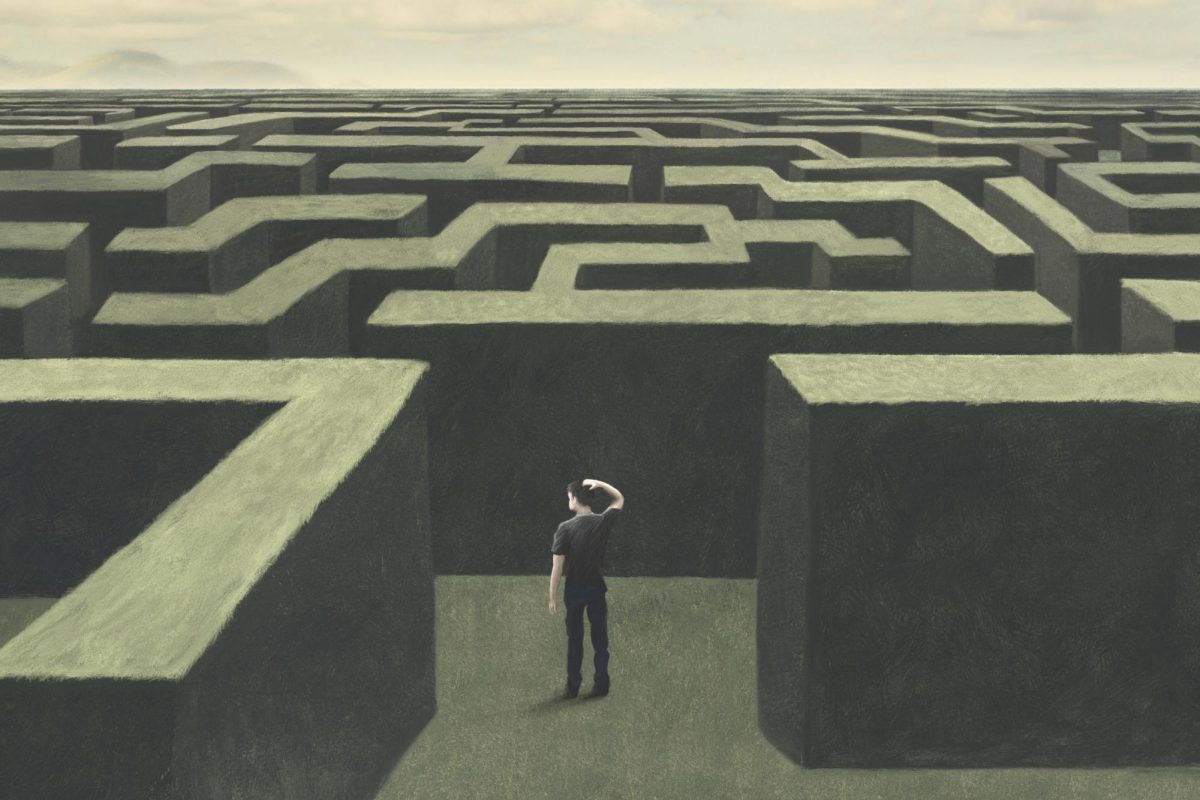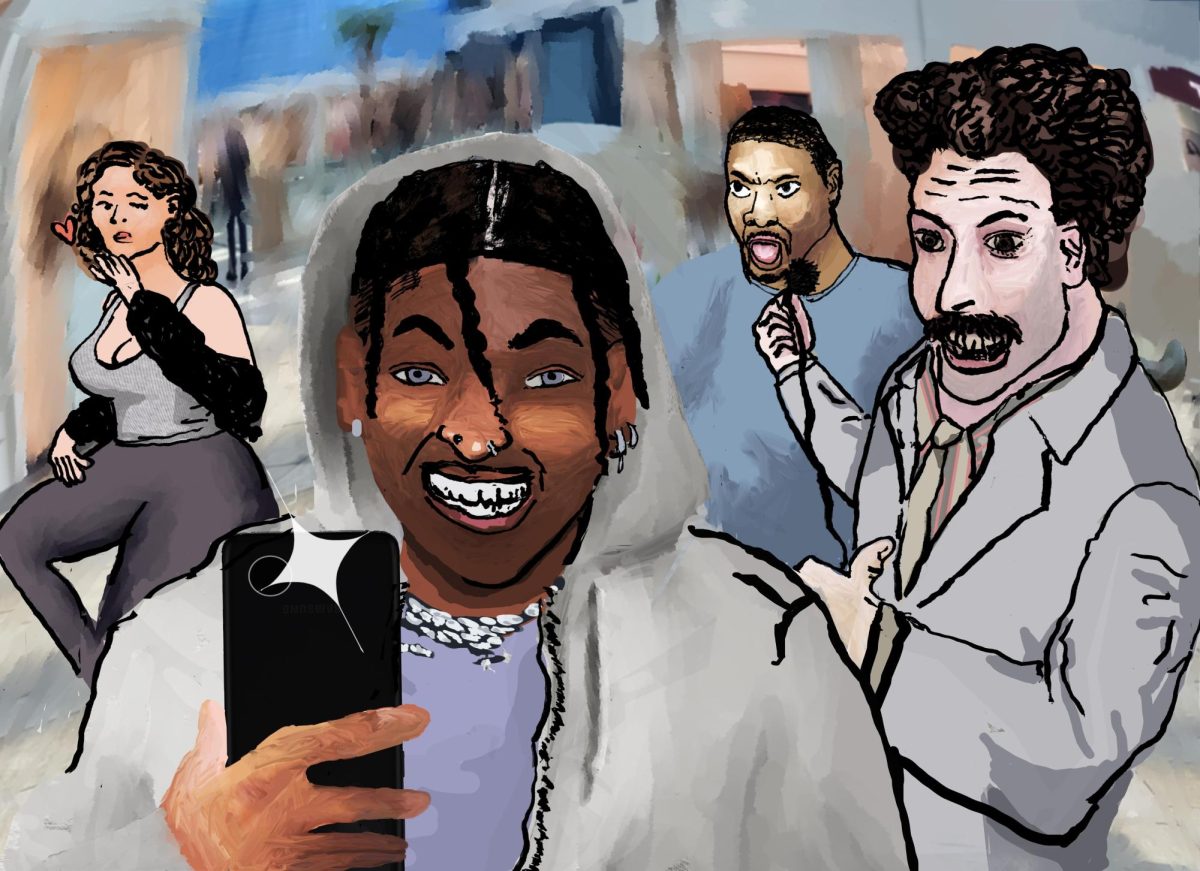Human Sex Trafficking is one of the largest international human rights issues facing the world today. It is also one of the most profitable.
According to the Human Trafficking Center’s website, human sex trafficking is estimated to earn $99 billion a year. Human sex trafficking is defined as a form of modern-day slavery in which individuals perform commercial sex through the use of force, fraud or coercion. Anyone under the age of 18 engaging in commercial sex are considered to be victims of human trafficking, regardless of the use of force, fraud or coercion.
Traffickers often prey on marginalized groups such as minorities, women, and children. However, it is possible for anyone to fall prey to these predators. In the case of Cyntoia Brown, a 16-year-old girl who was being sex trafficked at the time, she murdered a man who had picked her up for sex and is now serving a life sentence.
Cyntoia had run away from home and began to live in a motel with a pimp who forced her into prostitution. Her story is just one of many examples of a child who was taken advantage of and forced into sex slavery at a time when they were most vulnerable. Traffickers will often prey on those who have minimal support systems and low self-esteem. They will further isolate the victims from any support they do have to keep them from getting any sort of help.
Stories of the many victims like Cyntoia may not resonate with us because we feel as though they are so far fetched. Sometimes we believe sex trafficking is a problem other countries have and we fail to realize that sex trafficking is not only an international issue but a local issue as well. According to Charrita Ernewein, although this is a huge violation of human rights across the globe, in the U.S. alone, it is estimated that 17,500-20,000 people are trafficked each year.
In the struggle to fight human sex trafficking, we can begin by educating ourselves on what it is as well as stop turning a blind eye to the fact that these horrific events are not only taking place all over the world but also within our own communities. Realizing that these are real people who are living in a literal nightmare is the first step in combating the issue.
” class=”inline-comment collapsed”>
The media and the court system will often further dehumanize and trivialize victims of sex trafficking by wrongly accusing the victims of choosing to become prostitutes. As such, the victims are often arrested and charged with prostitution, while the so-called “Johns “, the men paying for sex services, get off free or have to pay some sort of fine. The victims are made to stand some sort of trial and essentially have their situation blamed on them all before serving time.
It is important to realize that human sex trafficking is a business and an extremely profitable one at that. Without the customer, the Johns, there would be no business. Because human sex trafficking is a business, it adheres to the principle of supply and demand, which states that as the market or Johns demand more, more will be supplied.
As a society, we need to start humanizing the victims of sex trafficking and understanding that they do not have a choice or say in what is happening to them, often due to the abuse and trauma they endure. To begin to combat sex trafficking our society needs to start holding the Johns accountable for engaging in illegal activity. The Johns are the people who are fueling the sex trafficking industry.
Pressure must be applied to legislators and police forces to inflict bigger fines and harsher punishments on the so-called “customers.” It is true that the demand for sex may never go down, but by punishing those who are actively seeking victims of forced sex slavery we can begin to diminish the demand.
When traffickers begin to see that the human sex trafficking industry will no longer produce large profits, they themselves will also begin to dwindle.
Written by Catherine Abundiz



